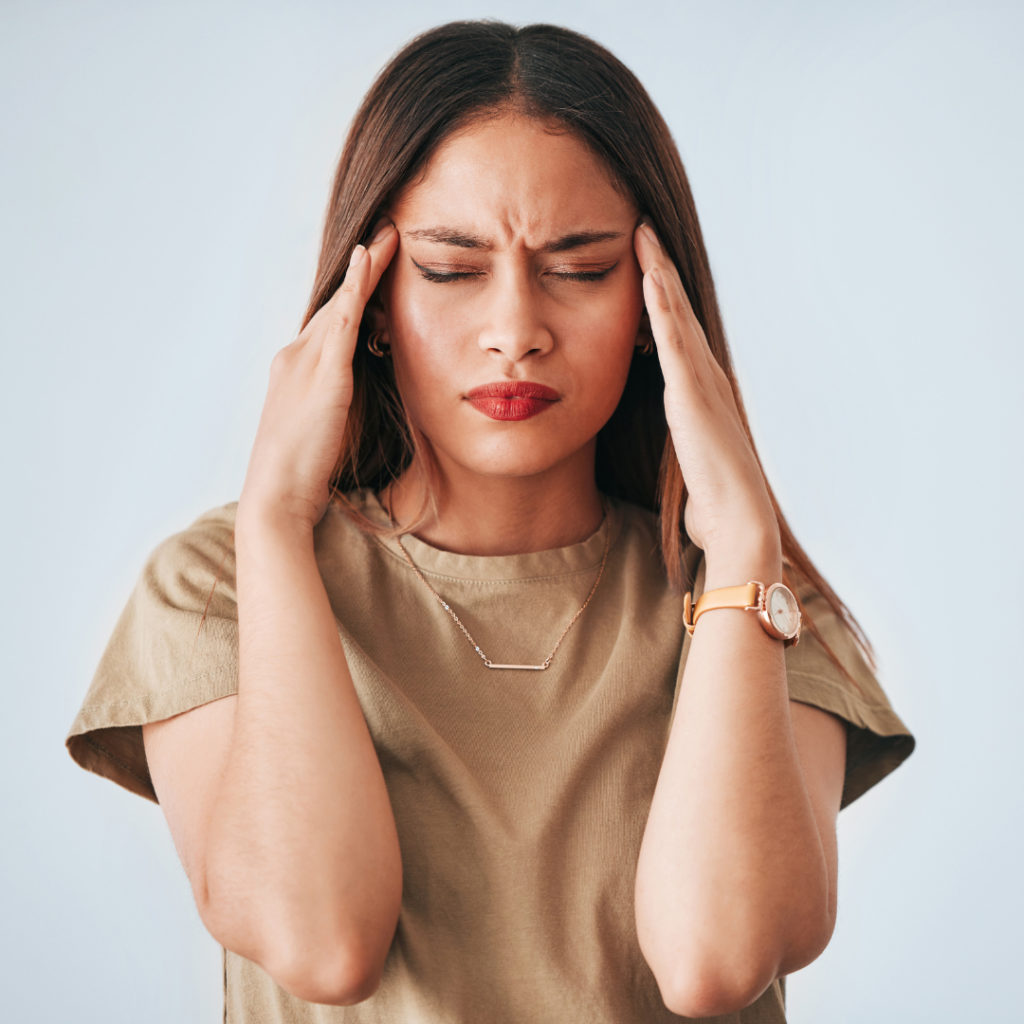So you’re having panic attacks, then? Even though they may feel like a rollercoaster ride, and as scary as they feel – they can’t harm you. During this article I will explore the topic of panic attacks in more detail, explaining what they are, how they feel, and most importantly, how to stop a panic attack. Let’s tackle this together, one step at a time.
Ready to hear more? Let’s go!
What is a Panic Attack?
Well, let’s begin with the basics. A panic attack is similar to an unexpected, strong wave of terror or discomfort. It’s a whole other level of intensity, not just mild anxiety. You may have symptoms such as perspiration, trembling, shortness of breath, racing heart, chest pain, or a feeling of impending doom during a panic attack.
But here’s the thing: every person experiences panic attacks differently. Certain panic attacks may develop gradually, while others may have an abrupt start. They may persist for a short while or a little while longer. It’s crucial to keep in mind that panic attacks are real and can be extremely upsetting. But worry not—there are strategies for handling and preventing them.
What Does a Panic Attack Feel Like?
Since every person experiences a panic attack differently, it can be difficult to describe the sensation. I will, however, make every effort to express it. Imagine having the sensation that everything is closing in on you, your heart thumping so hard that it feels like it wants to burst out of your chest, and your mind moving at the speed of light. It feels like you’re stuck in a tornado of anxiety and doubt.
Some people may experience a loss of control or a detached feeling as if they are witnessing their panic attack from a distance. The intense bodily feelings can feel like your body is alerting you to something even though there isn’t real danger present. It feels like a wild rollercoaster ride, but it won’t last forever. I remember having my first ever panic attack during a lecture at uni, and it came out of nowhere and was incredibly scary!
What Causes Panic Attacks?
Let’s now explore the causes of these frightening experiences. Anxiety disorders and panic attacks are often linked, however the exact causes can differ. It’s like when your anxiety brings all the uncomfortable symptoms of a panic attack to a party and doesn’t ask for an RSVP.
Occasionally panic attacks may be triggered by particular triggers, such as certain phobias, stressful environments, or even catastrophic experiences. However, panic attacks might also occur without any apparent reason (like it did for me in university!). They seem to act on their initiative and appear out of the blue. It makes sense that this uncertainty can make dealing with panic attacks even more difficult.
How to Stop Panic Attacks
Now, let’s get to the exciting part: learning how to put an end to panic attacks and obtain much-needed relief. Keep in mind that every person’s journey is unique, so do what suits you the most. Here are some potential helpful strategies:
1. Try to identify your triggers first and foremost. Be aware of any circumstances, ideas, or emotions that typically lead to a panic attack. You can prevent or control these patterns by knowing them in advance.
2. When a panic attack occurs, pay attention to your breathing. Breathing deeply and slowly can assist soothe your nervous system and lessen the severity of your physical symptoms. Inhale via your nose, hold it for a little while, and then gently exhale through your mouth. Continue doing this until you feel more centered.
3. Grounding methods are another useful resource. Pay attention to your environment and use all of your senses. Take note of the surrounding hues, patterns, and noises. By focusing on the here and now, you can help yourself become calmer and divert your attention from your stress.
4. Ask for help! It can be relieving to share your experiences with someone you trust. Like removing a heavy object from your chest. You don’t have to confront this alone, my friend—they can just listen to you or offer reassurance.
5. Take a look at therapy as a possibility. A great way to lower anxiety and stop panic attacks from happening is through hypnotherapy. In addition, mindfulness-based stress reduction (MBSR) has demonstrated encouraging outcomes in the control of panic attacks too.
6. Self-care is essential to controlling panic episodes. Make time for the things that make you happy and relaxed, such as taking a stroll through the outdoors, listening to your favourite music, or working on your creative projects. Making self-care a priority can lower stress and increase resilience.
Last Words:
Although managing panic episodes can be difficult, never forget that I have faith in you. You’re strong enough to get through this. It’s okay if it takes some time, effort, and the odd stumble. You don’t have to complete your journey of self-discovery and growth all at once. Be patient with yourself, acknowledge your accomplishments, and take things one step at a time. Remind yourself often that you are not defined, seek assistance, and take care of yourself.
If you need further assistance on on how to break free from panic attacks and feel calmer again – check out my “Hypnosis for Anxiety ” hypnosis service during which I can help you to feel calmer and prevent panic attacks from taking over your life.
I’m a clinical hypnotherapist with over 15 years of experience, and to date, I have helped over 100 clients from Poole, Bournemouth, Southampton, Bath, London, Bristol, the United States, and as far afield as New Zealand to overcome anxiety. Regardless of where you reside, I am fully equipped to assist you in the same manner so do get in touch if you need my hypnosis help too. Here is the link to my website www.alexsaxton.com and here is the link to my calendar if you would like to book a consultation wwww.alexsaxtoncalendar.as.me




